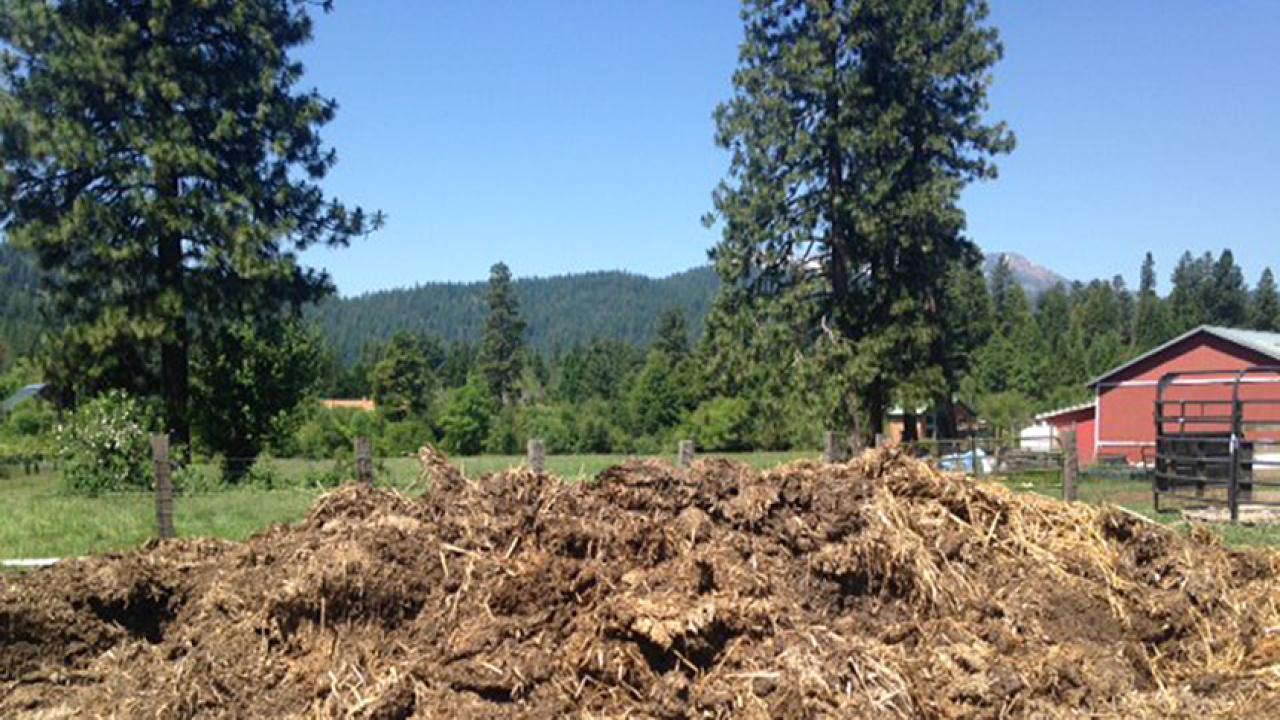Quick Summary
- Some soil amendment microbes can cause food-borne illnesses
- Study to determine how much time is needed between manure application and harvest
- Findings will guide development of national guidelines
Organic farmers who use animal-based manure to improve soil quality and nourish crops are receiving help through a nearly $2 million grant for a food-safety research project, led by the UC Davis School of Veterinary Medicine and involving a multistate network of collaborators.
The U.S. Department of Agriculture Organic Research and Extension Initiative grant (of exactly $1,999,848) will support studies needed to develop national guidelines and best practices for using raw manure while improving soil health and minimizing food-safety risks in organic crops such as leafy greens, tomatoes and root vegetables.
Raw and minimally processed animal manure has been shown to be a rich source of nutrients for improving soil fertility and quality, offering organic farmers an alternative to chemical fertilizers. But animal-based soil amendments may also contain naturally occurring microbes that can cause food-borne illnesses in people.
“This study is designed to determine how much time should pass between the applications of untreated animal manure in the field and crop harvest, in order to minimize any risks that these microbes might pose to consumer health,” said Alda Pires, a veterinarian and UC Cooperative Extension Specialist in the UC Davis School of Veterinary Medicine.
Pires is leading the project with Michele Jay-Russell a veterinary research microbiologist and manager at the Western Center for Food Safety at UC Davis.
“This research aligns closely with our center’s goal to help farmers achieve compliance with the prevention-oriented activities outlined in FDA’s produce safety regulations,” said Jay-Russell.
In addition to UC Davis, project collaborators include the University of Minnesota, University of Maine, USDA Agricultural Research Service’s Beltsville Agricultural Center, USDA Economic Research Service’s Resource and Rural Economics division, Cornell University, and The Organic Center. (The USDA grant award is number 2016-51300-25724.)
Media Resources
Alda Pires, School of Veterinary Medicine, 530-754-9855, apires@ucdavis.edu
Michele Jay-Russell, Western Center for Food Safety, 530-219-4628, mjay@ucdavis.edu
Pat Bailey, News and Media Relations, 530-219-9640, pjbailey@ucdavis.edu
